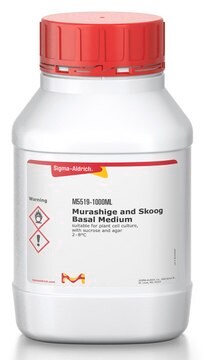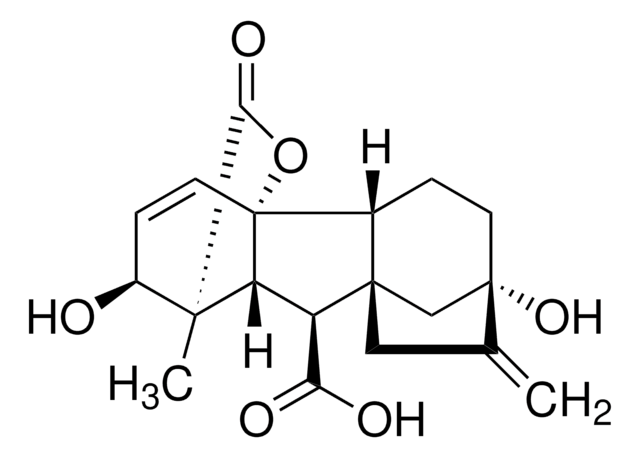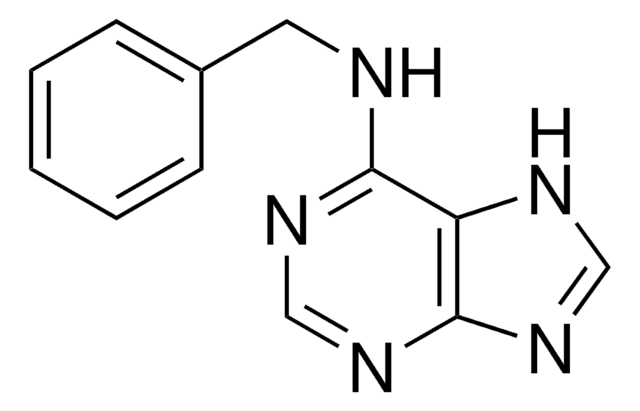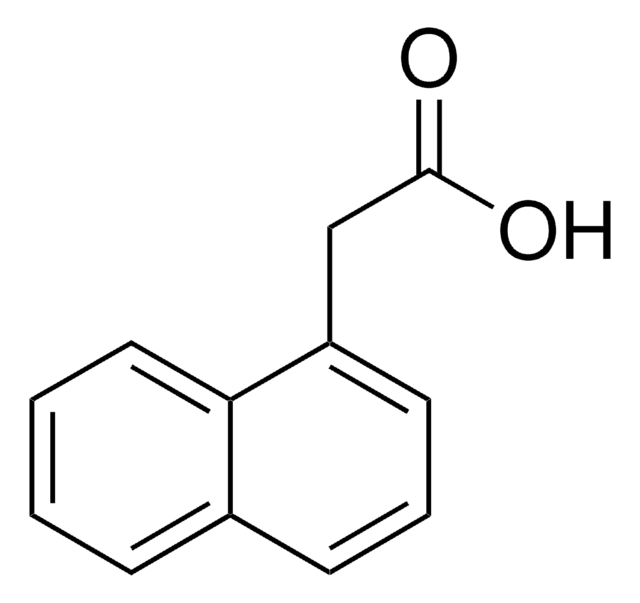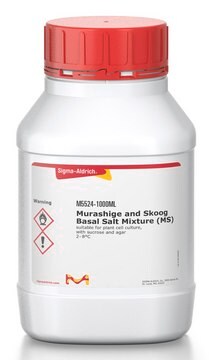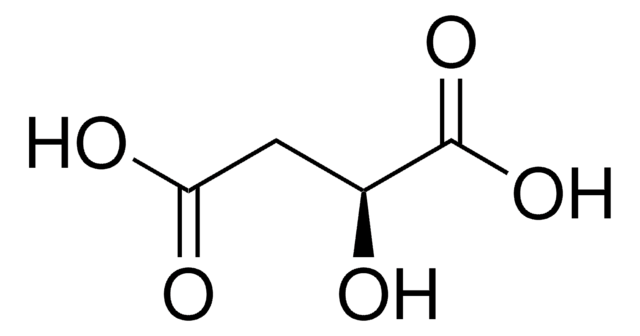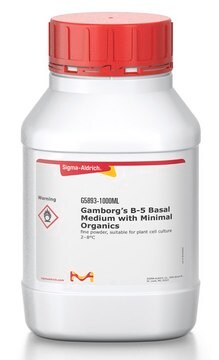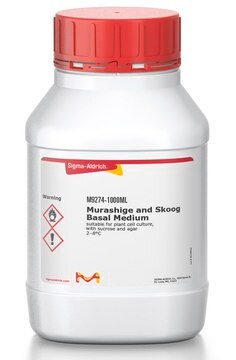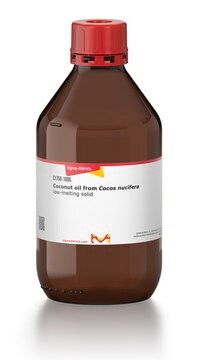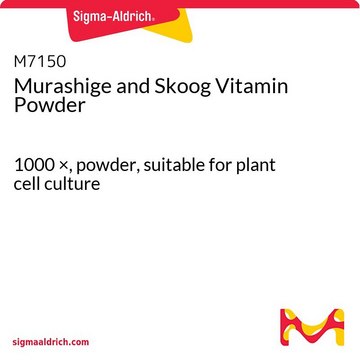Key Documents
C5915
Coconut water
suitable for plant cell culture
Synonim(y):
Coconut beverage, Coconut extract, Coconut juice
About This Item
Polecane produkty
sterylność
sterile-filtered
Poziom jakości
Postać
solution
metody
cell culture | plant: suitable
Zastosowanie
agriculture
Warunki transportu
dry ice
temp. przechowywania
−20°C
Zastosowanie
Inne uwagi
Uwaga dotycząca przygotowania
Kod klasy składowania
10 - Combustible liquids
Klasa zagrożenia wodnego (WGK)
WGK 3
Temperatura zapłonu (°F)
Not applicable
Temperatura zapłonu (°C)
Not applicable
Środki ochrony indywidualnej
Eyeshields, Gloves
Certyfikaty analizy (CoA)
Poszukaj Certyfikaty analizy (CoA), wpisując numer partii/serii produktów. Numery serii i partii można znaleźć na etykiecie produktu po słowach „seria” lub „partia”.
Masz już ten produkt?
Dokumenty związane z niedawno zakupionymi produktami zostały zamieszczone w Bibliotece dokumentów.
Klienci oglądali również te produkty
Protokoły
Preparation from Packaged Powder, Preparation from Basal Salt Solutions, Banana Powder Preparation and Use, Coconut Water Preparation and Use
Nasz zespół naukowców ma doświadczenie we wszystkich obszarach badań, w tym w naukach przyrodniczych, materiałoznawstwie, syntezie chemicznej, chromatografii, analityce i wielu innych dziedzinach.
Skontaktuj się z zespołem ds. pomocy technicznej